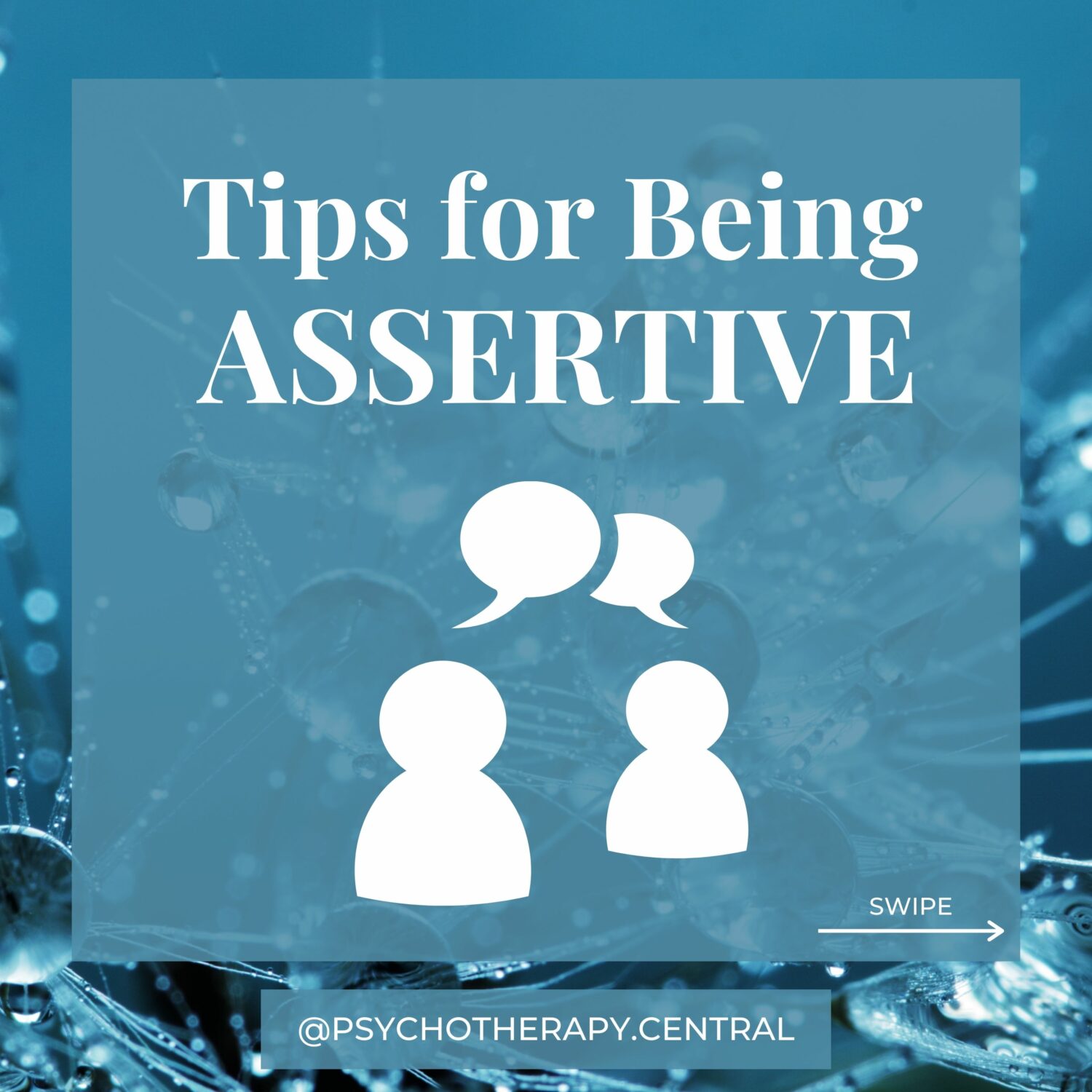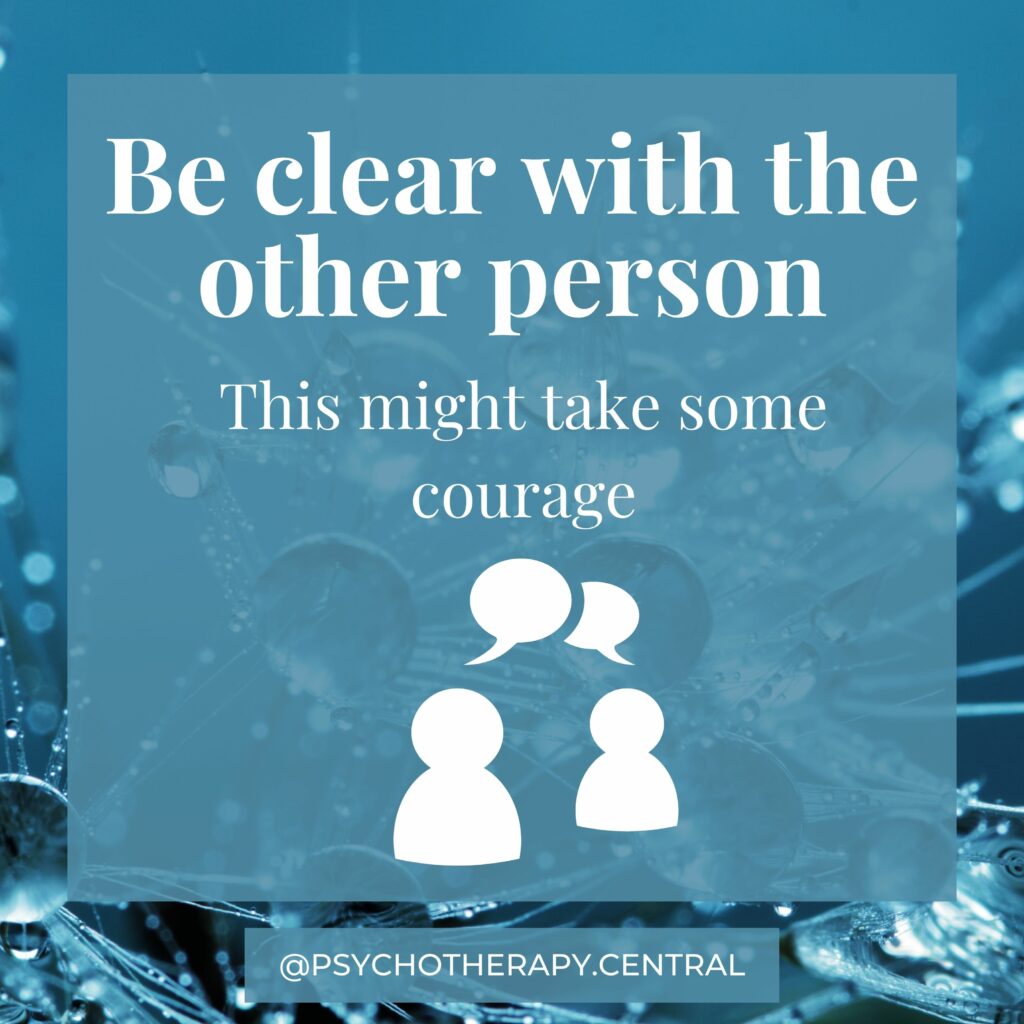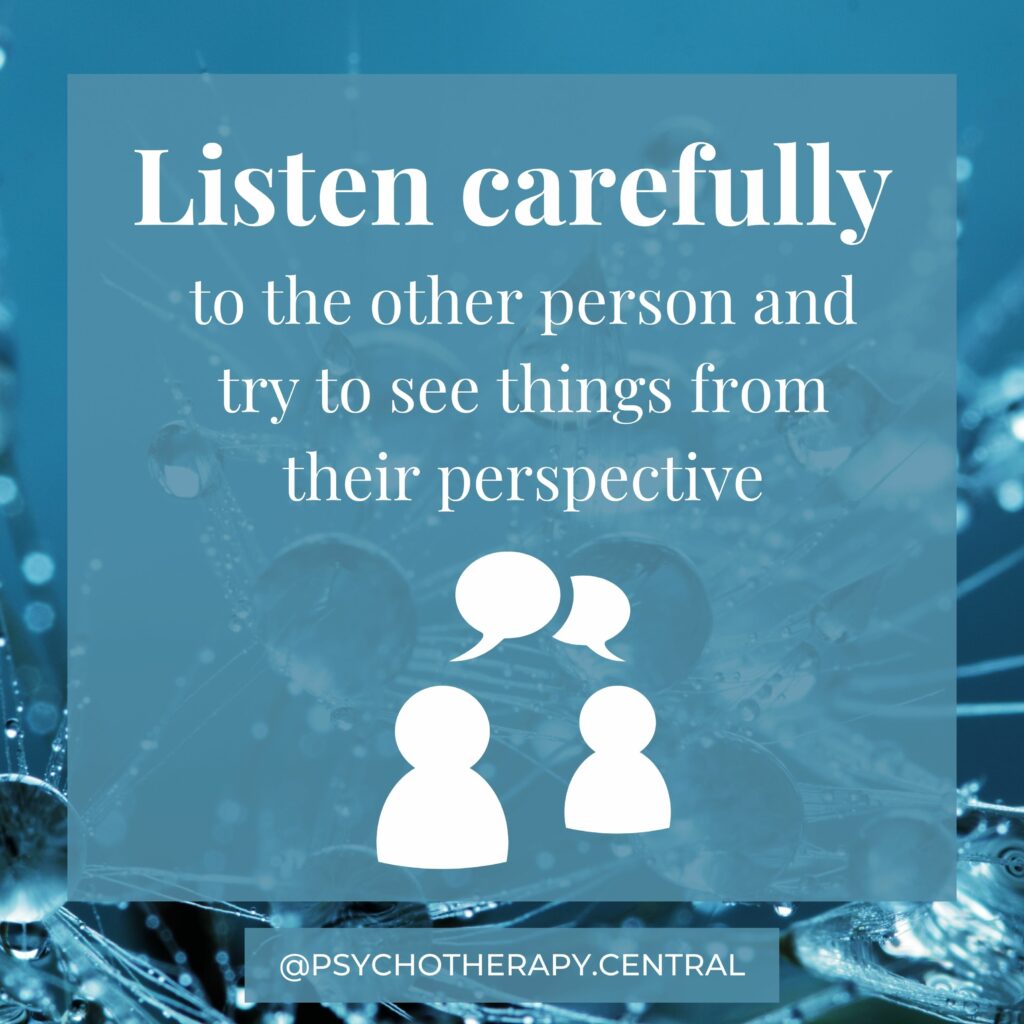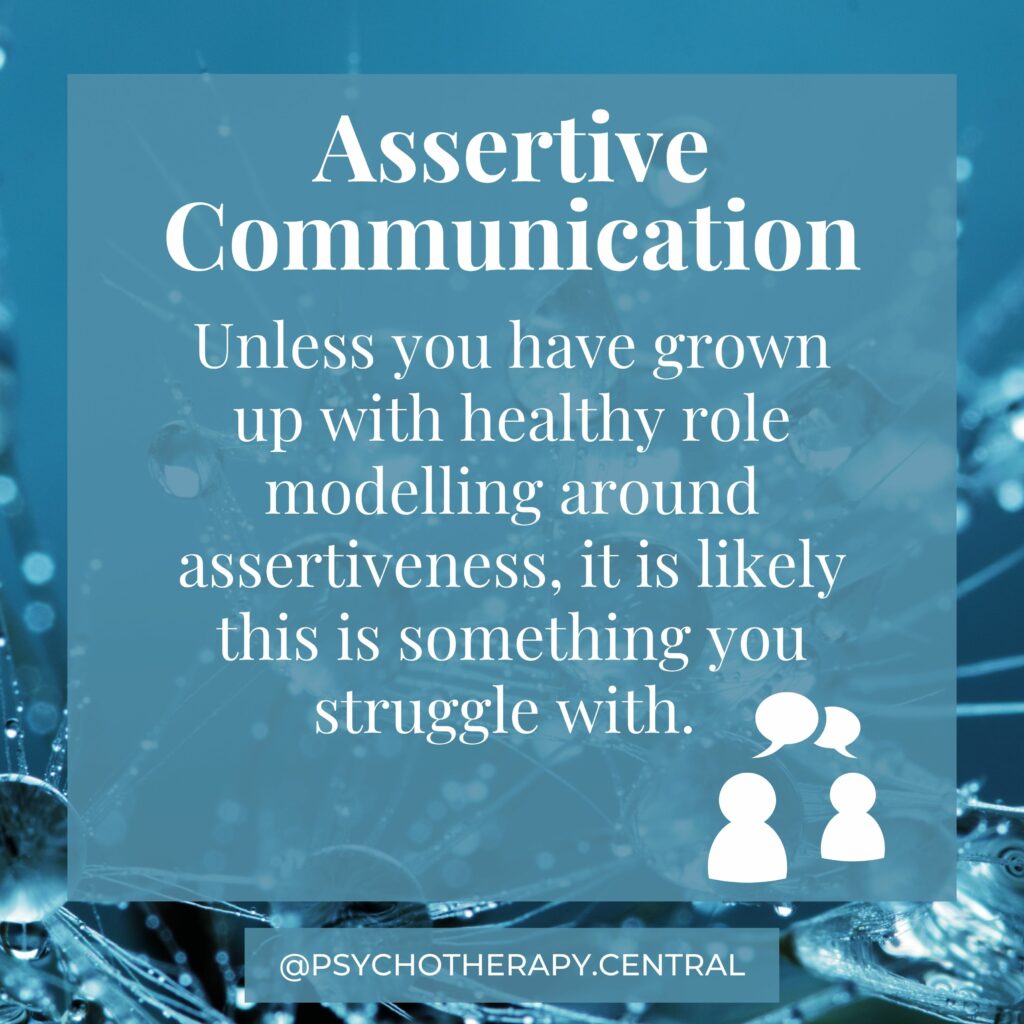TEXT
The first step in being assertive is to know our needs. If we are uncertain about our needs, we will find others are too. We will find it challenging to communicate our needs, and when we do, we will not be taken seriously as our needs are constantly changing. This can lead to us feeling disheartened and disrespected.
For example:
Your partner wants you to lend him money. You say no but find yourself worrying when he becomes more withdrawn than usual. Without a conversation, you change your mind and lend him the money.
A few weeks later, he has still not repaid you the money he borrowed, and he asks to borrow money again. You feel taken advantage of and start feeling angry towards your boyfriend.
Being assertive in this conversation might sound like:
“We agreed that you would repay the amount you borrowed last time. You have not repaid me yet. I feel uncomfortable lending you more money without first being repaid. I value our relationship and don’t want money to come between us. I am wondering how we can both get our needs met in this difficult situation?”
Notice in this interaction that you have identified your need to be repaid before lending more. You have been clear in your communication. You have invited him closer to problem solve with you, opening you both to collaboration.
If assertiveness is something you struggle with, know it CAN be learnt. It takes courage and practice and is an essential part of your healing journey.
I’d love to hear where you are on your journey with assertive communication.
Love Jen
References: Alberti, R., & Emmons, M. (2017). Your perfect right: Assertiveness and equality in your life and relationships, 10th ed. Oakland, CA: Impact Publishers.
Psychology today – Seth Gilihan










